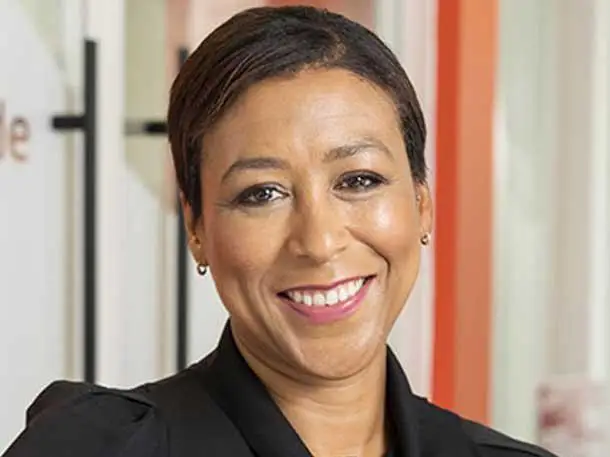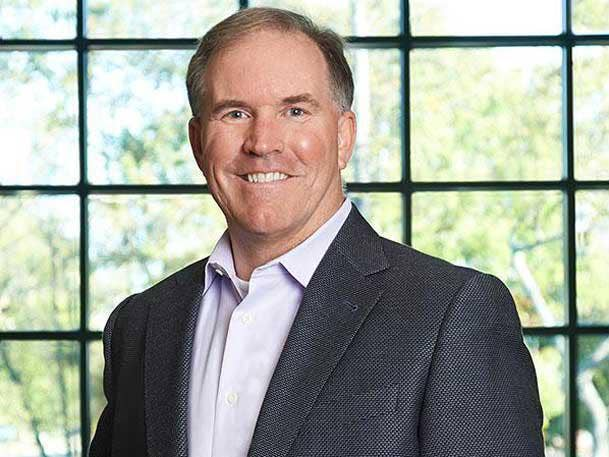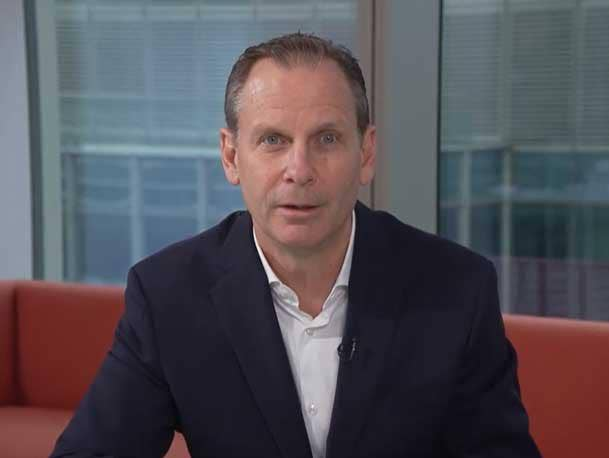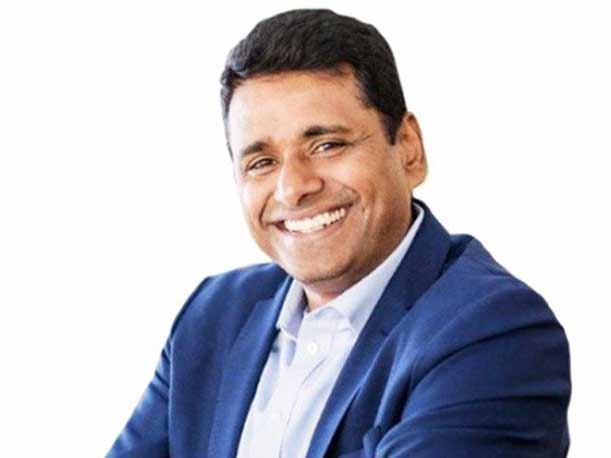Solution Provider CEOs: Here’s The No. 1 Thing They Want From Their Vendor Partners In 2024
Solution providers CEOs share with CRN what they feel are the most important things they need from their vendor partners as a way for those vendors, their partners and their end-user customers to succeed in an increasingly complex world.

Vendors depend heavily on their solution provider and MSP partners to take their hardware, software and services to end-user customers, deploy those technologies and provide the necessary support. So it’s a given that those vendors have certain demands of their partners, including getting the right training and certifications, sharing customer information and committing the necessary resources to meet customer and vendor requirements.
Given all that is expected of solution providers and MSPs, it should be no surprise that those channel partners have a few requirements of their own. Channel partners live in a world in which changing customer requirements, macroeconomic conditions and more are in a state of constant flux, meaning they have to carefully choose which vendors they work with, especially when deep relationships are a must to meet business needs.
Solution providers and MSPs, of course, need strong partner programs, training and support. But in written responses provided as part of the CRN CEO Outlook 2024 project, many of them said that they need more. More flexibility, more inclusion, more complete solutions, and the ability to stay ahead of business user requirements.
In this year’s CEO Outlookmproject, solution provider and MSP CEOs weighed in on what they say are the most important things they need from their vendors, not only as a way for them to succeed, but to ensure those vendors succeed along with them. As part of the CEO Outlook project, we asked solution providers this question: What is the No. 1 thing you want your vendor partners to do to support your business in 2024? Here are their answers.

Pamela Maynard, CEO, Avanade
We’re seeing a remarkable pace of change, one that requires innovation at speed. In such a dynamic market, we need partners who are strong collaborators, willing to experiment, fail fast, and learn together in order to best serve our clients. It’s also critical that we align with our partners on our values. We need to move quickly to seize opportunity, and we need to ground our plans in a responsible commitment to ethics, diversity, security, regulations and human centricity. Ensuring a people-first, responsible approach to developing technology will accelerate progress toward prioritizing the most important challenges we can help our clients address.

Irfan Khan, President, CEO, Cloudsufi
I have a very strong opinion on this. From my perspective, an effective partner ecosystem can create an inclusive environment where both emerging and large partners can coexist, collaborate and contribute to mutual success without bias toward size or market dominance. This approach not only benefits individual partners but also strengthens the ecosystem:
- Partner Inclusion Criteria: Define clear criteria for partner inclusion in the ecosystem. These criteria should be based on alignment with the ecosystem’s goals and the value each partner brings rather than their size or market dominance.
- Diverse Partner Tiers: Establish partner tiers or categories based on commitment, contribution and capability. This allows emerging businesses to participate and grow within the ecosystem while recognizing the achievements of larger partners.
- Tailored Benefits and Support: Offer customized benefits and support to partners based on their specific needs and capabilities. Emerging businesses may require more hands-on assistance and mentorship to grow, while larger partners may need different types of support.
- Resource Allocation: Allocate resources, such as marketing funds, technical support and training, in a balanced way, considering the potential impact of each partner on the ecosystem’s objectives rather than their size.
- Mentorship Programs: Create mentorship programs where established partners can provide guidance, expertise and resources to emerging businesses, helping them grow.
- Niche Specialization: Recognize and reward partners specializing in niche markets or emerging technologies, as they may provide unique value to the ecosystem.
- Flexible Partnership Agreements: Offer flexible partnership agreements that can evolve as emerging businesses grow and mature within the ecosystem.

Cliff Skelton, President, CEO, Conduent
We value partners where there are solution synergies that enable us together to offer more complete end-to-end solutions to our clients. For example, our collaboration with BNY Mellon provides secure immediate payment options, such as the FedNow Service. Another example would be our work with systems integrators, where Conduent brings the CX platform and capabilities as part of a broader value chain and client relationship. A robust partner ecosystem ensures swift access to cutting-edge technologies, including AI, addressing client challenges and opportunities with a strategic, forward-looking approach. Our clients entrust us with their critical operations and customer experience needs, so we rely on our partners to help us deliver valuable outcomes for our clients, whether that is through improved quality/performance, cost efficiencies, stronger customer experiences, or greater scale.

Mary Nardella, CEO, ConRes
In the upcoming year, our primary expectation from vendor partners is the establishment of robust partner programs. These programs should recognize and appreciate solution providers who contribute substantial value to their offerings while also carving out opportunities for partner profitability within the collaborative framework. Additionally, with manufacturers increasingly transitioning to the cloud, our revenue model has undergone a significant shift towards services, amplifying the need for vendor partnerships that align with this evolving landscape.

Mark Marron, President, CEO, ePlus
One thing we would ask of our vendor partners is to enable us to succeed with training and support. When we win, they win, and I think the more they share use cases, [offer] vertical-focused solutions, and provide ROI and cost justification models, it allows us to touch and support more customers overall.

Martin Schroeter, Chairman, CEO, Kyndryl
Several of our largest vendors are also our strategic partners, so looking for more opportunities to pilot use cases that can be applied when working with our customers is top-of-mind. That includes partnering to prepare our customers’ data estates for innovative new technologies, including artificial intelligence. It can also include working together to explore how to help our customers achieve their own sustainability-related goals.

Bob Cagnazzi, CEO, Presidio
Our most successful partnership are those where we integrate Presidio’s solutions and services with our partners’ technology, tools, and platforms. This includes developing integrated solutions that utilize our design, deployment and operational capabilities with a partner’s platforms to support a co-sell motion that creates uniqueness for both of us.

Rob Figliulo, CEO, SPR
The key to success is aggressively training, keeping an open mind and developing new ways to implement emerging technologies. This is not a ‘trust me’ type of thing, but a collaborative and open environment where we’ll work together, eyes wide open to discover breakthroughs. Additionally, we haven’t seen too much true differentiation in the market for AI yet, and we see 2024 as the year that happens. Of course, there’ll be some jockeying for position, but for those who don’t invest in AI, it will be really hard to play catchup. Developer resources have always been a core capability of SPR, and we see helping partners build small, quick wins with AI as a key to success in 2024.

David Stinner, Founder, President, US itek
I want the vendors to continue to adapt and change at the speed of business in the 2020s. Slow-moving vendors who do not update with the changing cybersecurity or CX (customer experience) landscape are not vendors I want to work with. I want competitive advantage and top-notch security with the vendors I partner with.

Srini Pallia, CEO, Americas 1, Wipro
In 2024, our top priority is to enhance operational efficiency with the help of our partners. Our clients’ C-Suites want to work with fewer but more strategic partners who have breadth of offerings and scale. Our vendor partners can support us by providing innovative solutions and services that enable us to deliver cost control, efficiencies, and automation to our clients. Investments in cloud, cybersecurity, AI, and automation will continue to drive business agility, eliminate reputational risk, and drive productivity. The expectation from partners is to jointly help our customers achieve cost optimization and drive top-line value by creating a hybrid cloud environment and helping them achieve their digital transformation journey goals. We are committed to making strategic technology investments to deliver the best solutions and services to our customers.